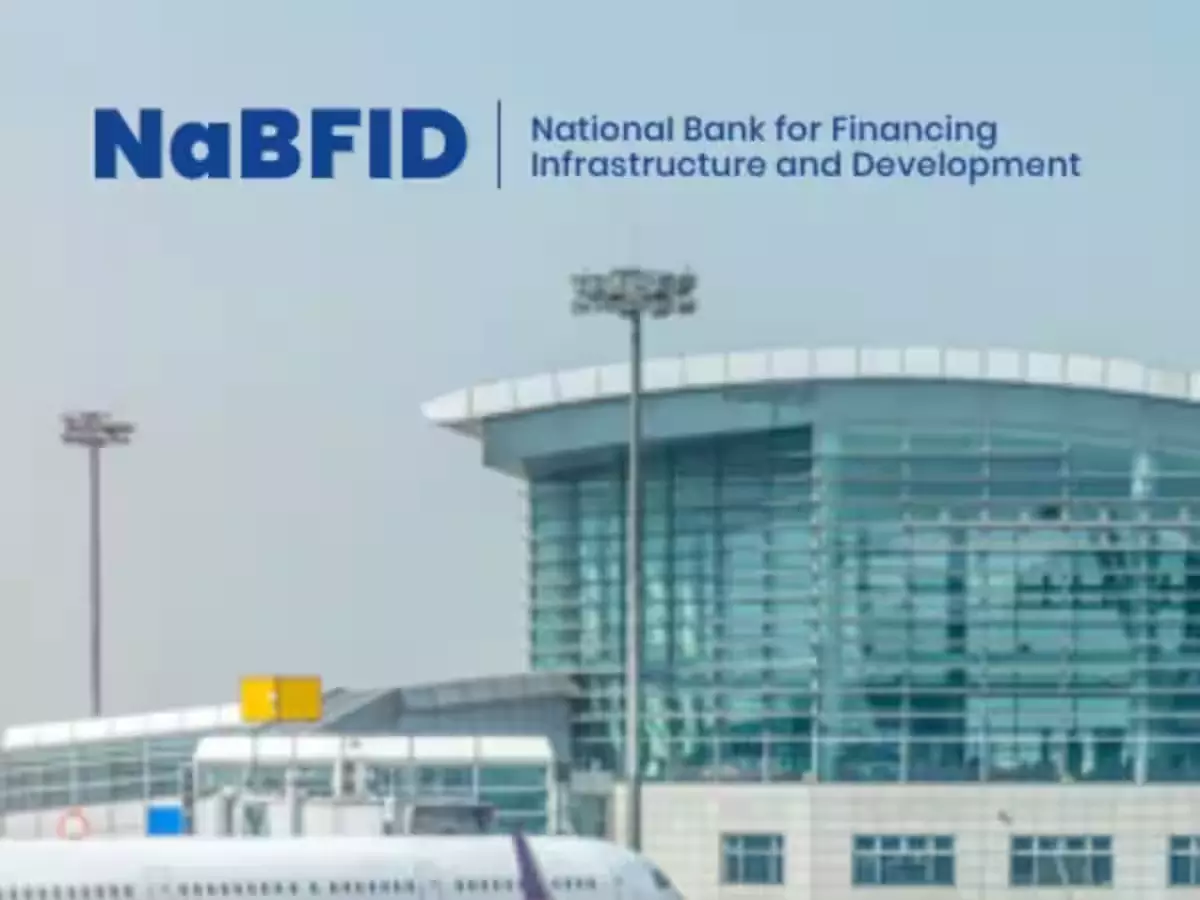RBI DG asks NaBFID to develop self-sustainable biz model
As NaBFID is still in its formative phase, the focus must be on equipping itself with the necessary resources, skills and knowledge through concerted efforts on human capital development, institutional strengthening, and adoption of best practices, said Rajeshwar Rao Dy Guv of RBI
image for illustrative purpose

Mumbai: RBI Deputy Governor M Rajeshwar Rao on Thursday asked the National Bank for Financing Infrastructure and Development (NaBFID) to develop a sustainable business model not dependent on government support. Speaking at a NaBFID event here, Rao said such a self-sustainable model has to evolve over the medium term, which also doesn't depend on regulatory dispensations as well. "It is also necessary that over the medium-term, plans for self-sustainable operations, under a business model that is not reliant on continuous government support, or regulatory dispensations would need to be in place," Rao said, addressing a conference on infrastructure. He added that the dynamic nature of our times necessitates "agile strategies for institutions with a focus on sectors prioritised by the government".
Meanwhile, Rao also said that the central bank has received feedback on the project lending proposals, and will be coming out with the final norms "shortly". When asked about calls for credit enhancements by NaBFID, Rao said the RBI will consider the request as and when it comes. In the speech, Rao also spoke about the need for higher private sector play when it comes to infrastructure investments, pointing out that in the past, the government has played an important role. NaBFID can play a "transformative role" as a catalyst to get the private sector investments, he added.
As NaBFID is still in its formative phase, the focus must be on equipping itself with the necessary resources, skills and knowledge through concerted efforts on human capital development, institutional strengthening, and adoption of best practices, he said. NaBFID must particularly look to strengthening the risk management and establishment of robust assurance systems from the outset, fostering a sound risk culture going forward, Rao added. The entity also needs to quickly develop project appraisal expertise and establish itself as a leader, setting benchmarks in the market for its project selection, appraisal and monitoring to give comfort to lenders and stakeholders, he noted.

